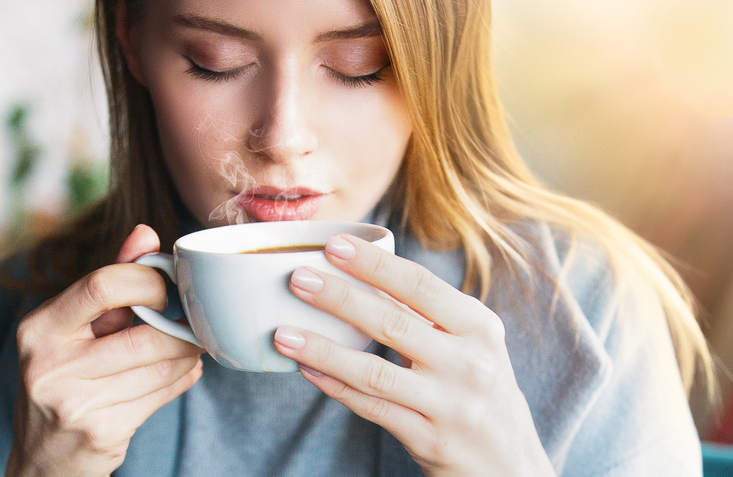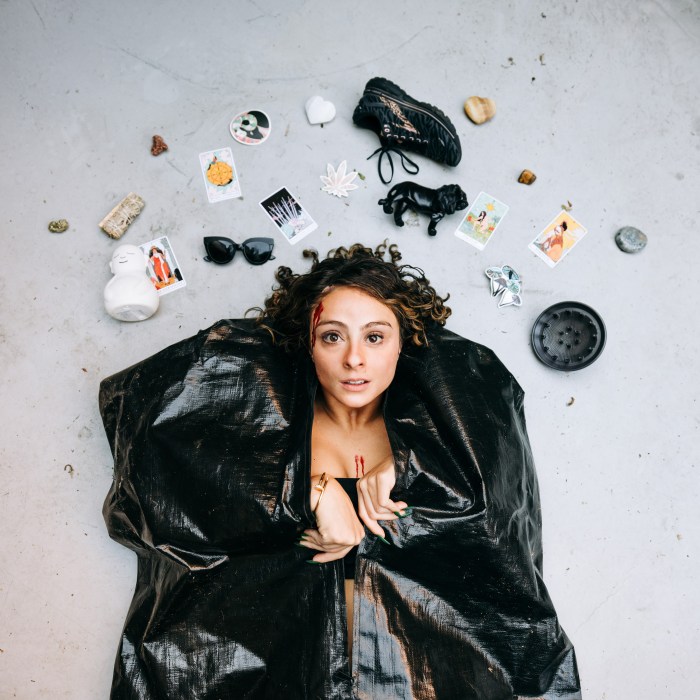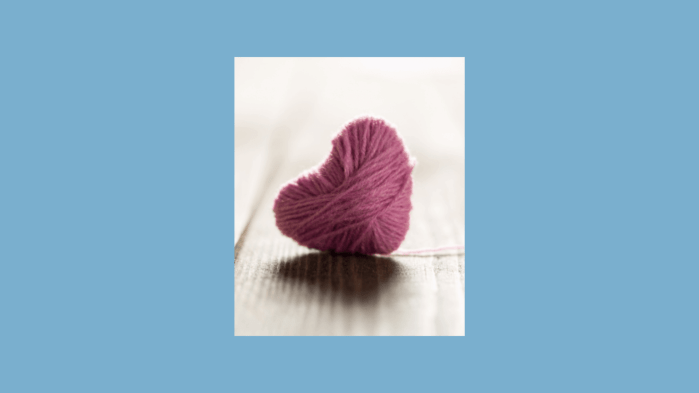Those whose morning routines begin with a big cup of java or another caffeine-infused beverage are in good company.
Most modern-day Americans seem unable to get through a day without their proper caffeine fix. Reuters reports that a 2018 National Coffee Association survey found that 64 percent of Americans drink a cup of coffee every day, and Americans consume the most coffee overall (though Finland consumes the most coffee per capita, or per person). But being careful not to drink too much is key.
“Just like anything else in life, caffeine in moderation is OK,” says Dr. Adhi Sharma, executive vice president of Clinical and Professional Services and chief medical officer at South Nassau Communities Hospital in Oceanside. “If you are having symptoms of headaches, palpitations, tremors, that is way too much — time to cut back.”
The Food and Drug Administration recommends a maximum daily intake of 400 milligrams of caffeine. An 8-ounce cup of coffee typically has 80 to 100 milligrams. So that means those drinking five or more 8-ounce cups of coffee per day could be at risk of experiencing a caffeine overdose, which can lead to hospitalization and even death.
According to a National Institutes of Health 2017 study, Americans’ average daily intake is about 180 milligrams per day, about the amount of caffeine in up to two cups of coffee.
THE GOOD NEWS
Consuming caffeine in moderation can actually benefit your health and help start a day with gusto.
“Caffeine has a stimulant property on the human nervous system and it has a relaxing property on the human vascular system,” says Dr. Sharma. “Caffeine helps you to complete tasks,” says Ankita Sagar, M.D., primary care physician at Northwell Health and director of Ambulatory Quality for Internal Medicine. “It gives you a boost of energy.”
It also makes people happy.
“My daughter says that once I take my first couple of sips of coffee, I begin to smile and my mood improves,” says Mary Forbes of East Northport. “Apparently, I am a little cranky until I get my caffeine fix.”
A review by research scientist Astrid Nehlig validates this sentiment by reporting that one cup of coffee every four hours can help to increase mood throughout the day.
HEALTH BENEFITS
Caffeine may prevent early onset of dementia. Researchers from the University of South Florida and the University of Miami studied the memory and thinking processes of people older than 65 and found that in the two-to-four-year follow-up, those with higher blood caffeine levels avoided the onset of Alzheimer’s disease. Their findings appeared in the Journal of Alzheimer’s Disease.
Caffeine has medicinal benefits.
“It has been used in a class of drugs to treat asthma and as a medication in newborns who have breathing challenges.” Dr. Sharma says.
Certain caffeinated beverages, as black or green tea, have natural, immune-boosting antioxidants.
THE DOWN SIDE
Too much caffeine may have a negative impact. Caffeine affects the bladder and gastrointestinal system.
“It’s a diuretic,” says Dr. Sagar, which, by nature, means it’s going to dehydrate the body. So, when considering your daily liquid consumption, coffee, tea, etc., should not be counted as a cup of water, she advises.
People can also experience diarrhea or the sense of urgency that they have to go to the bathroom, she adds.
Thinking of quitting caffeine cold turkey? Drinking caffeine can be habit forming, notes Dr. Sagar. Heavy caffeine consumers can experience withdrawal symptoms — terrible headaches, fatigue, irritability, difficulty concentrating — even from skipping one day or two.
“If you are trying to cut back, do it slowly and gradually over time,” she suggests.
Caffeine may also cause “jitters.” Those sensitive to caffeine may experience heart palpitations from even one or two cups. Too much caffeine exposure can cause jitters or tremors.
“If you have insomnia or if you are an anxious person, caffeine may make you feel like you are having symptoms of anxiety, but in of itself it should not cause anxiety,” Dr. Sharma notes.
Both physicians advise checking labels for caffeine content. Energy drinks can have a much higher content than a typical cup of coffee. Too much can result in an overdose and cause harm.
“Caffeine consumption in moderation is OK by any means,” says Dr. Sagar. However, if you are having any questionable symptoms, both doctors advise seeking professional medical attention.
How does your caffeine consumption stack up?
FDA’s recommended daily maximum: 400 milligrams
- An 8-ounce cup of coffee typically has 80-100 milligrams.
- A 12-ounce can of soda has 30-40 milligrams.
- An 8-ounce cup of green or black tea has 30-50 milligrams.
- An 8-ounce energy drink has 40-250 milligrams.



































